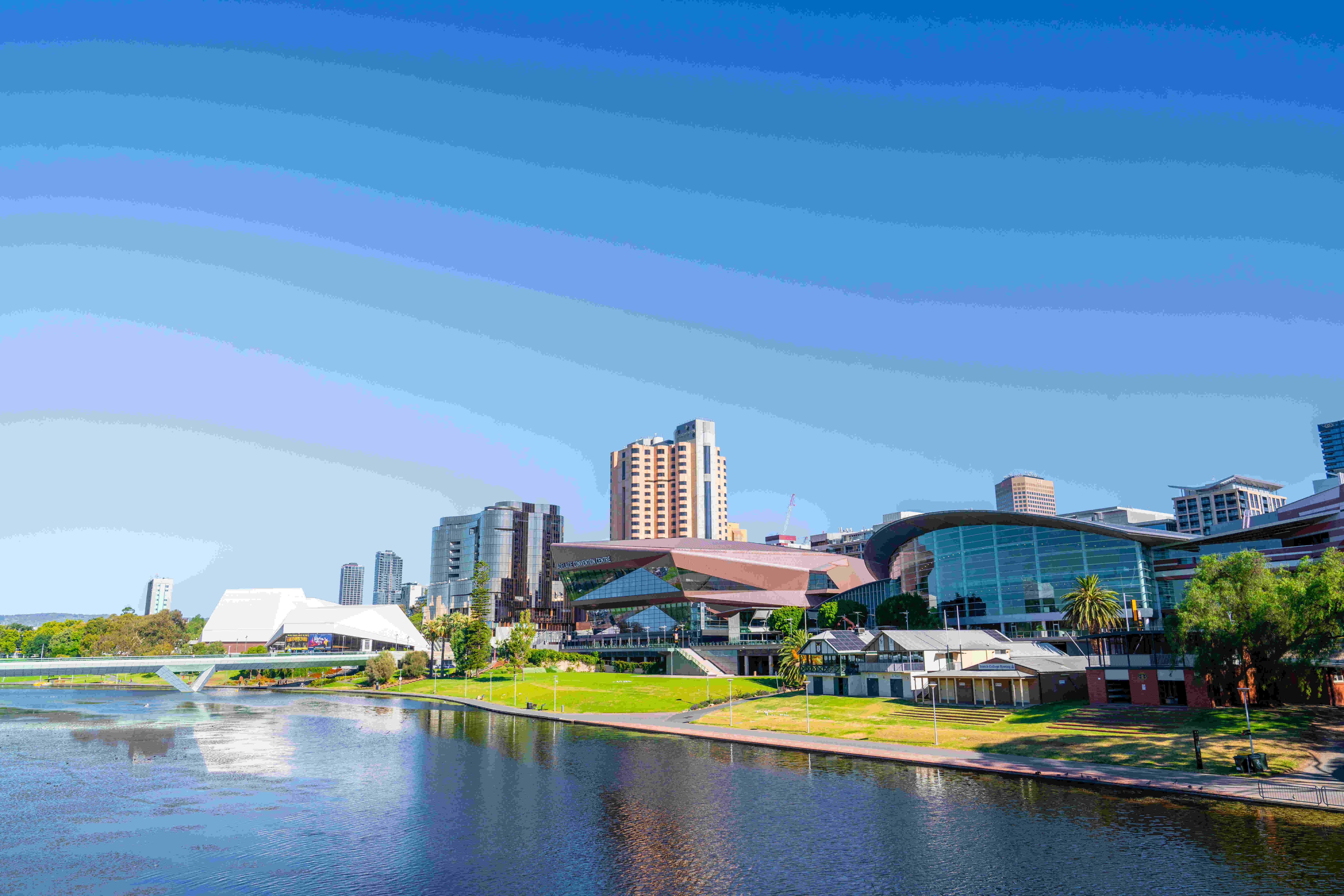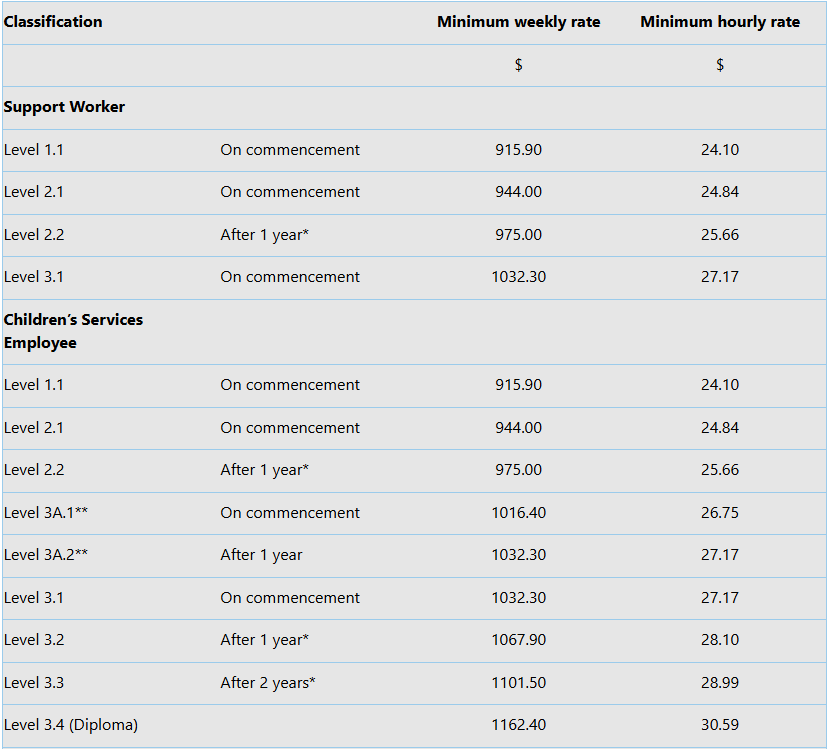The Designated Area Migration Agreement (DAMA) is an important visa pathway to permanent residency for many people in Australia, especially those over 45 and under 55 years old.
There are skill shortages across various industries such as health, agriculture, and hospitality. The South Australian DAMA provides a wider range of occupations, and concessions on age, salary, English, and work experience for visa applicants.
What is the South Australia DAMA?
The South Australia DAMA is a labour agreement between the Australian Government and businesses in South Australia.
It is designed to address local skill shortages by allowing employers in South Australia to sponsor overseas workers under more flexible conditions than standard employer-sponsored visas.
South Australia has two DAMAs, covering different regions and industries:
- Adelaide City Technology and Innovation Advancement DAMA – focuses on tech, creative industries, and advanced manufacturing
- South Australian Regional Workforce DAMA – covers industries such as healthcare, agribusiness, tourism, construction, and hospitality
Some common occupations that apply for DAMA in South Australia include:
- Child care workers
- Aged or disability Carers
- Horticulture workers
- Chefs and Cooks
- Hospitality Workers
- A range of ICT occupations
- Production operators
- Truck Drivers
- Nurses over 45 years old
What Are the Visa Options Under the South Australia DAMA?
There are three different employer-sponsored visas available under DAMA:
- 482 Skills in Demand Visa – a temporary visa that can lead to permanent residency after two years if the employer nominates the visa holder for a Subclass 186 visa (Temporary Residence Transition Stream)
- 494 Skilled Employer Sponsored Regional Visa – a provisional visa leading to permanent residency after three years by applying for the 191 visa.
- 186 Employer Nomination Scheme (Labour Agreement) visa – a permanent visa that employers can nominate 482 visa holders for, after they have worked in the occupation for 3 years
These visas help employers fill critical skill shortages while providing a pathway to permanent residency for skilled migrants.
What Are the DAMA Concessions?
- Age Concession up to 55 – Some occupations have no age concession, or the concession may be only under 50
- Salary Concession – some DAMAs allow for up to 10% reduction in the minimum salary requirement. For example, while a standard employer-sponsored visa requires a minimum salary of $73,150, under DAMA, businesses can sponsor workers at $65,835 per year. These amounts will change every year as the TSMIT and Core Skills Threshold go up.
- English Concession – some DAMA occupations have lower English language requirements than standard employer-sponsored visas
- Work Experience Concession – the required work experience period is lower than in standard employer-sponsored visas. For example, a Subclass 494 visa usually requires at least three years of full-time experience, but under some DAMAs, applicants can qualify with just 12 months of experience
Industries Covered by the South Australia DAMA
The South Australia DAMA supports a wide range of occupations across key industries, including:
- Healthcare and aged care
- Agriculture and agribusiness
- Construction and trades
- Hospitality and tourism
- Manufacturing and engineering
- Technology and innovation
Each DAMA agreement includes a list of eligible occupations, and some roles may be eligible for age, English, and salary concessions.
We recently had DAMA visas granted for occupations such as sommelier, horticulture worker, aged and disabled carer and electronic engineering draftsperson.
Who is Eligible for the South Australia DAMA?
To apply under the South Australia DAMA, you must meet certain criteria, including:
- An eligible occupation listed under the South Australia DAMA agreement
- A job offer from a South Australian employer
- Relevant skills and experience in your occupation
- English language requirements (concessions may apply)
- Receiving at least the minimum salary required (concessions may apply)
Unlike standard employer-sponsored visas, DAMA allows for more flexible eligibility, especially for older applicants, those with lower English proficiency, and those earning slightly below the standard TSMIT.
How to Apply for a South Australia DAMA Visa
The DAMA visa process involves several steps:
1. Find a South Australian Employer to Sponsor you – you must have a job offer from an approved employer in an eligible DAMA occupation
2. Employer Applies for DAMA Endorsement – your employer must get approval from the South Australian Government to sponsor workers under DAMA
3. Labour Agreement Application – the employer enters into a labour agreement with the Australian Government
4. Nomination & Visa Application – once the agreement is approved, the employer nominates you, and you can apply for the visa through the Department of Home Affairs
Why to apply for a South Australia DAMA?
The South Australia DAMA is an excellent opportunity for skilled and semi-skilled migrants who want to work and settle in regional South Australia.
With greater flexibility, employer sponsorship, and pathways to permanent residency, it is an attractive option for those who may not qualify under standard visa programs.
Regional areas usually also offer benefits such as lower cost of living and good job opportunities for some industries.
If you are looking to apply for a DAMA in South Australia or across Australia, please book an appointment to discuss your situation.
DAMA in other states
There are 13 DAMAS in Australia including:
- All of Western Australia
- All of Northen Territory
- All of South Australia
- Much of New South Wales through the ORANA DAMA
- Some of Victoria
- Some of Queensland
- Tasmania and the ACT do not have DAMA
How can we assist you?
If you are a business, we can help you register your business under a labour agreement and assist with visa applications for your employees.
If you are an individual, we can assist with your visa application.
Please book an appointment to discuss your situation in more detail.
How to find an employer to sponsor you?
We don’t assist applicants in finding an sponsor, however, we have a blog and a YouTube video with tips on how to find a business to sponsor you in Australia.
















